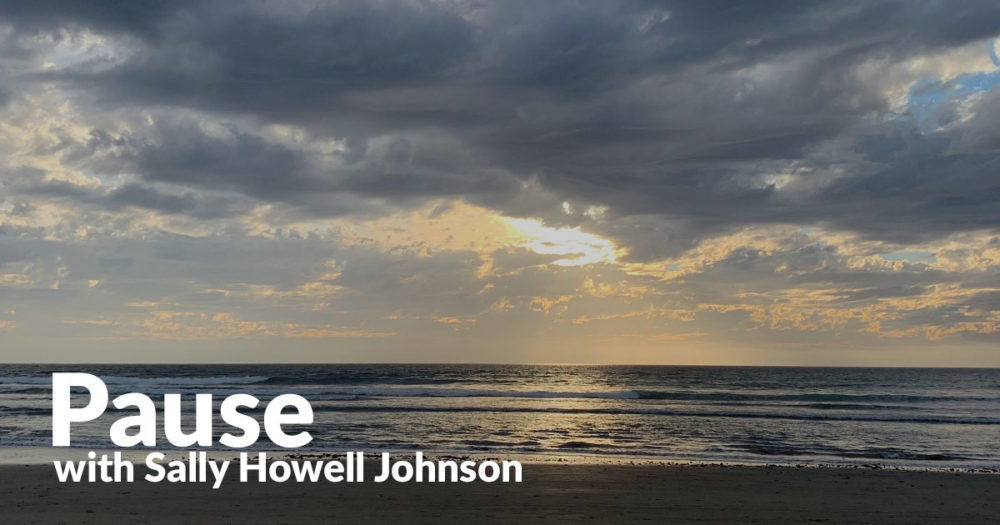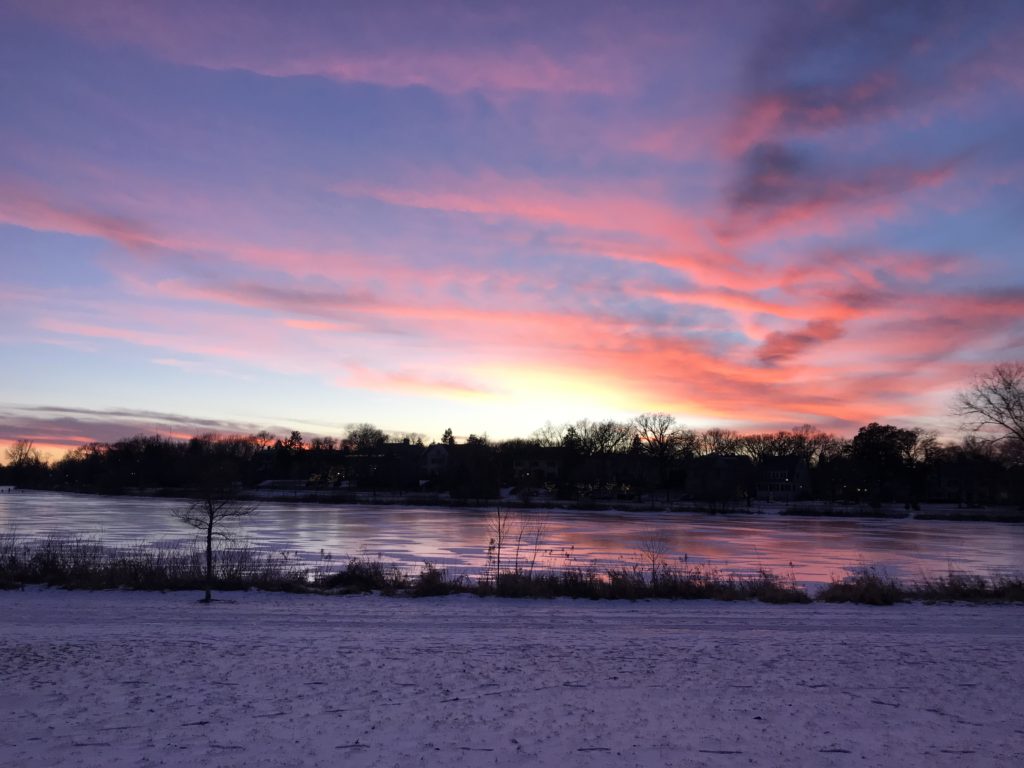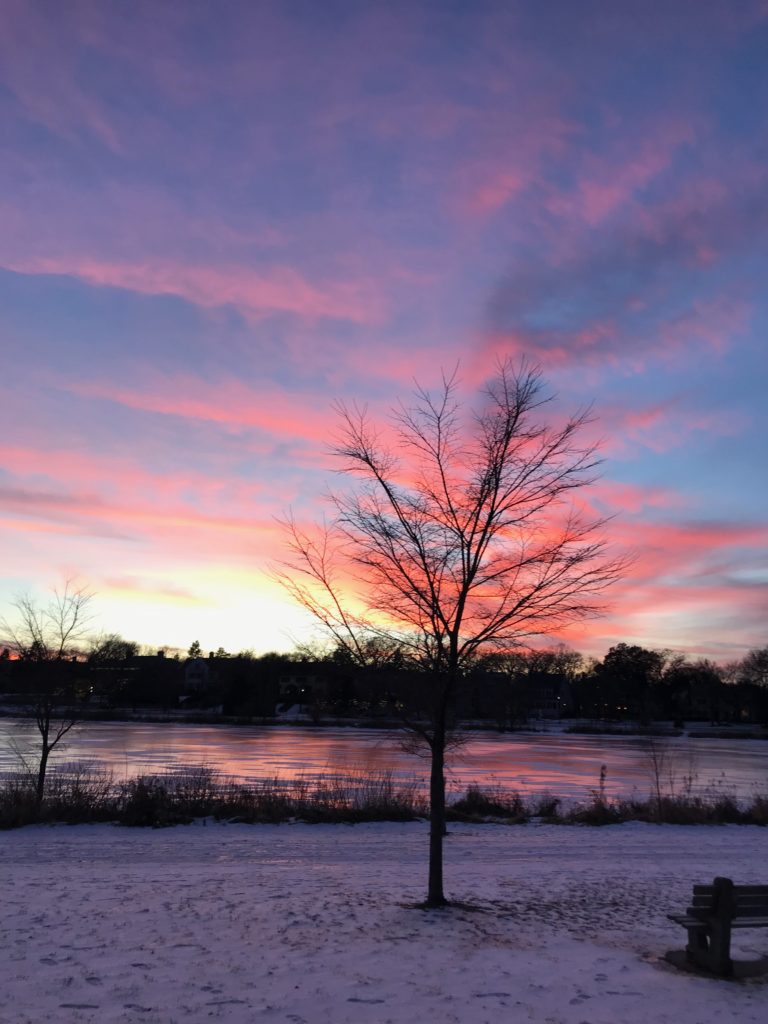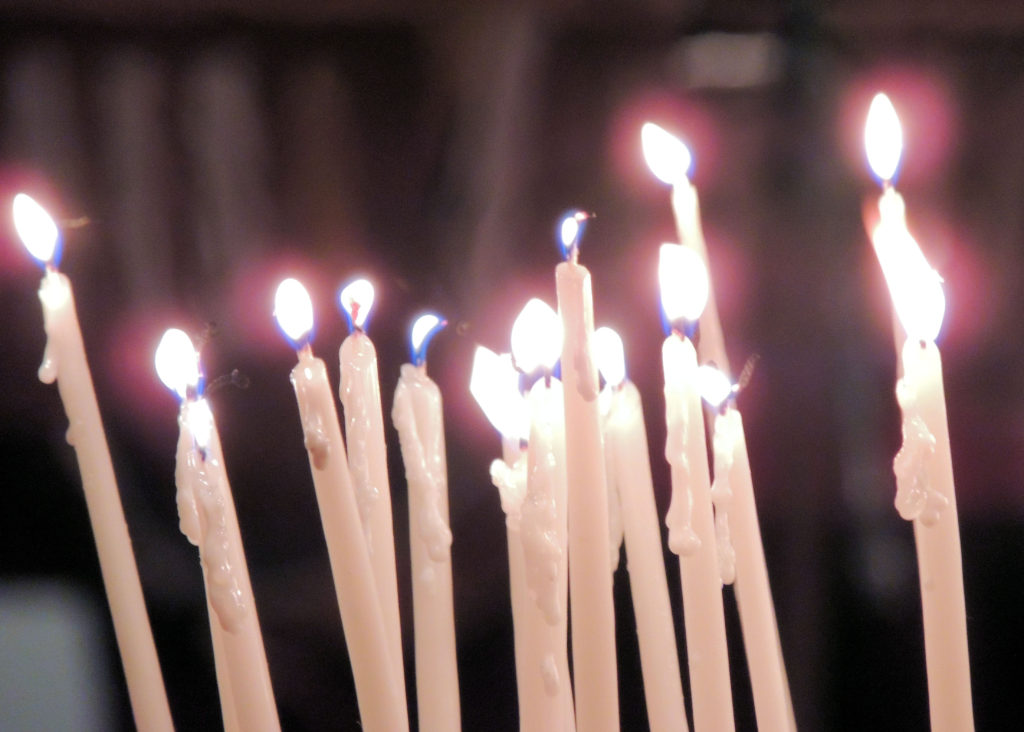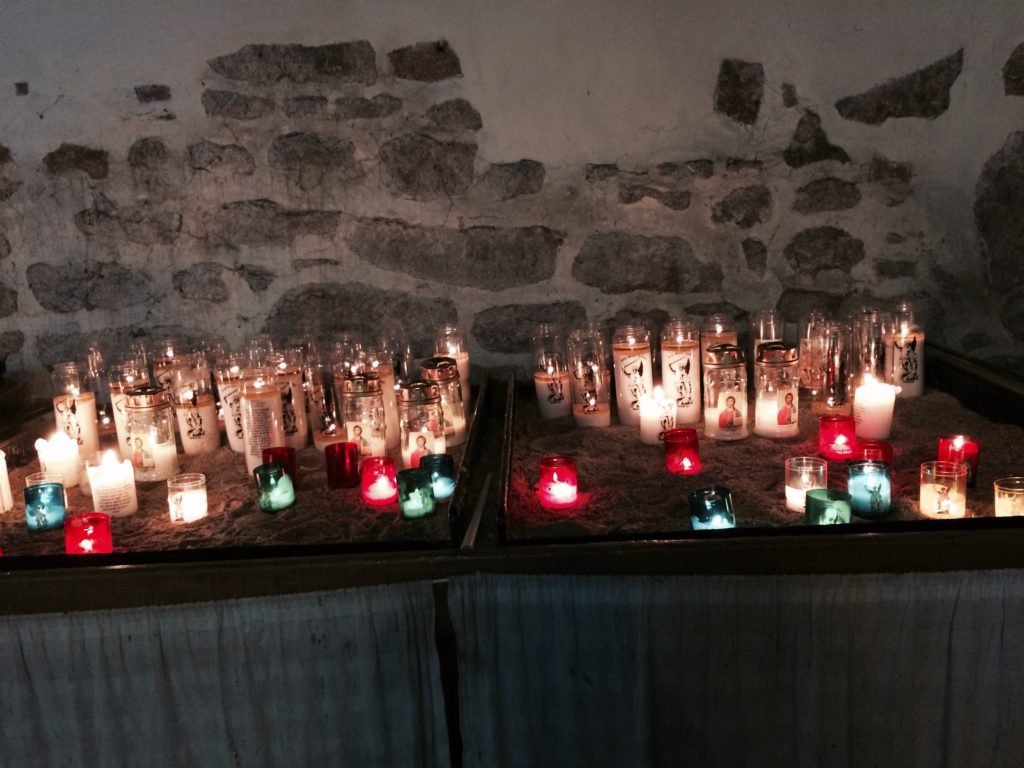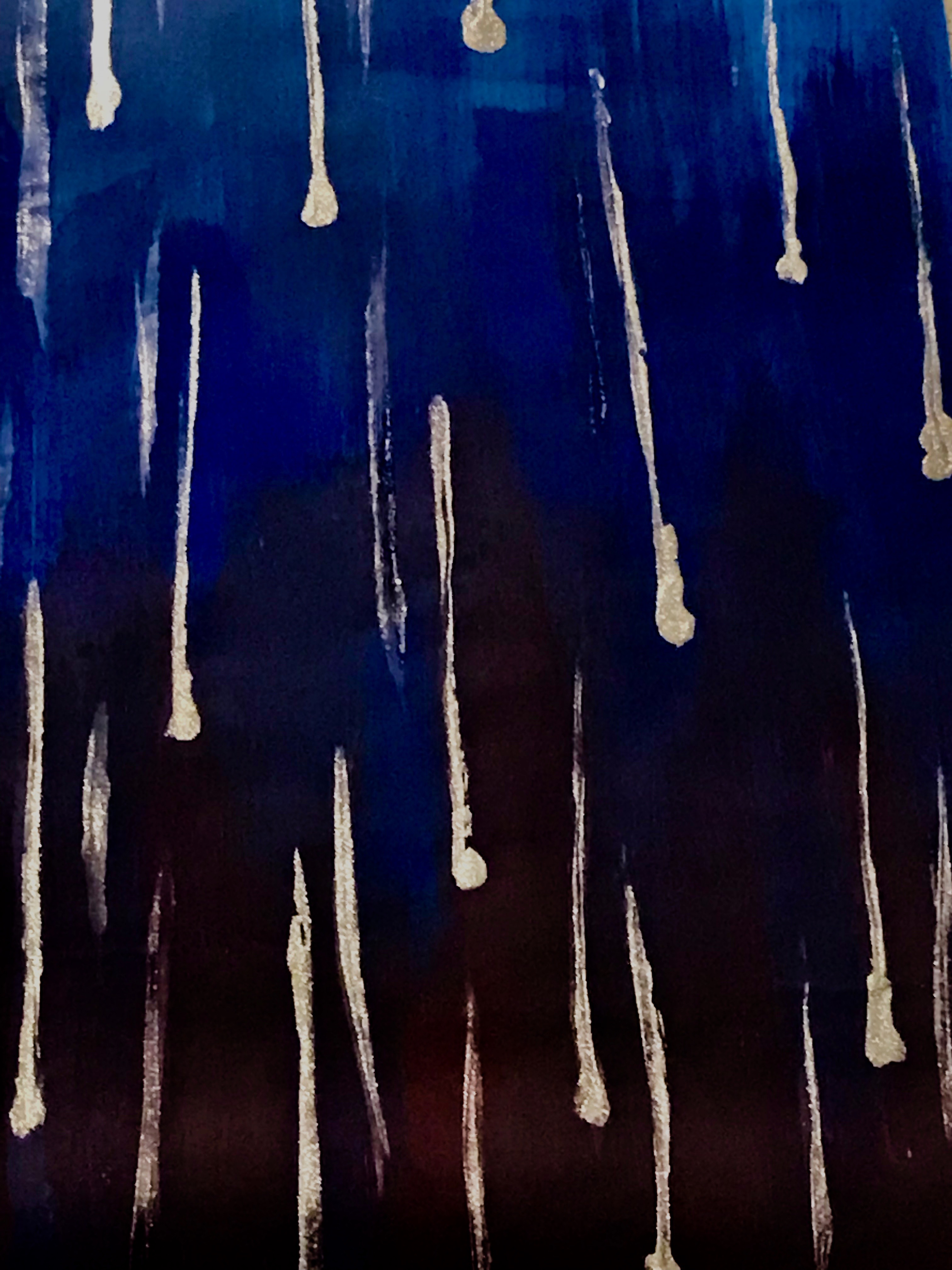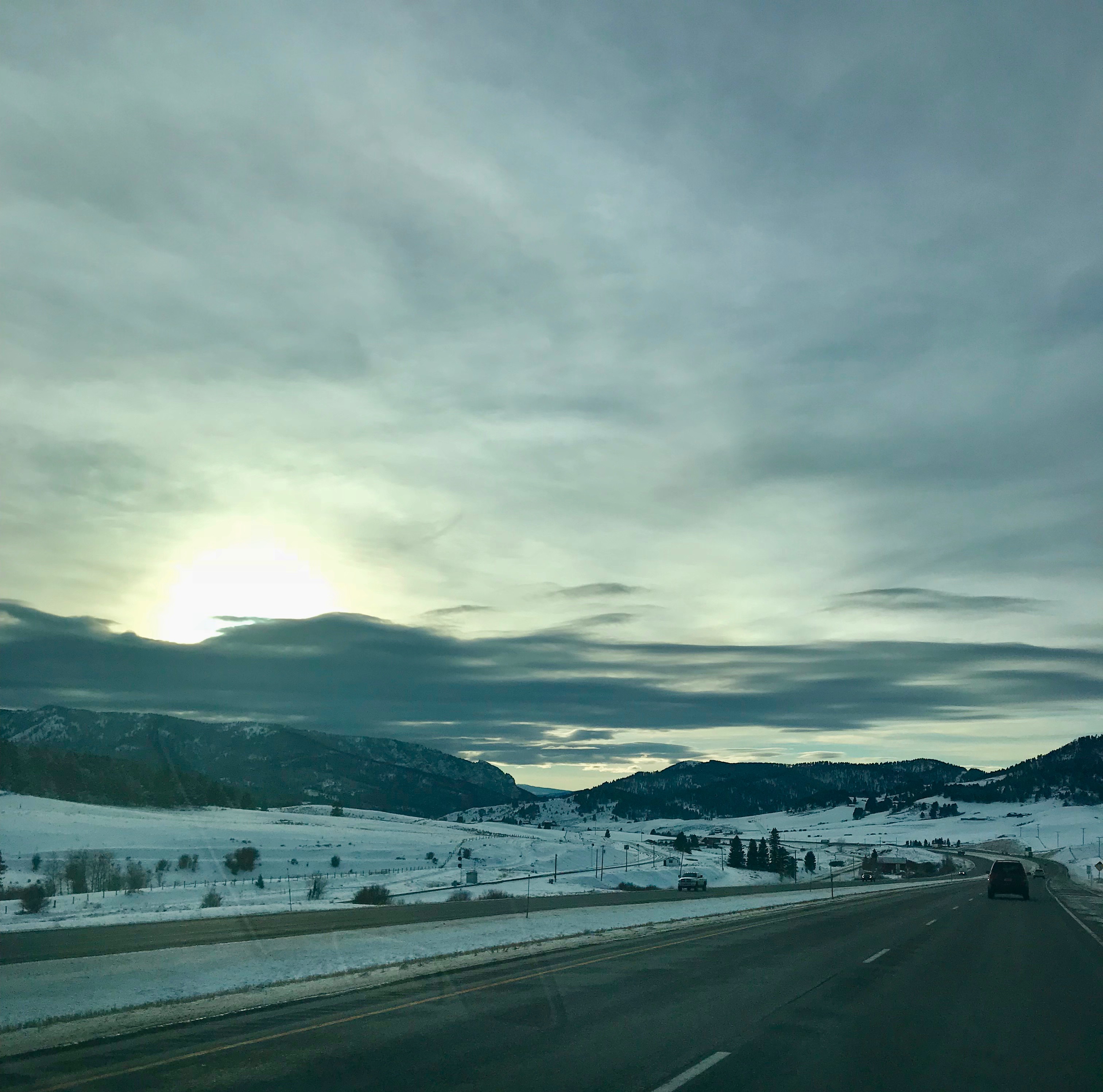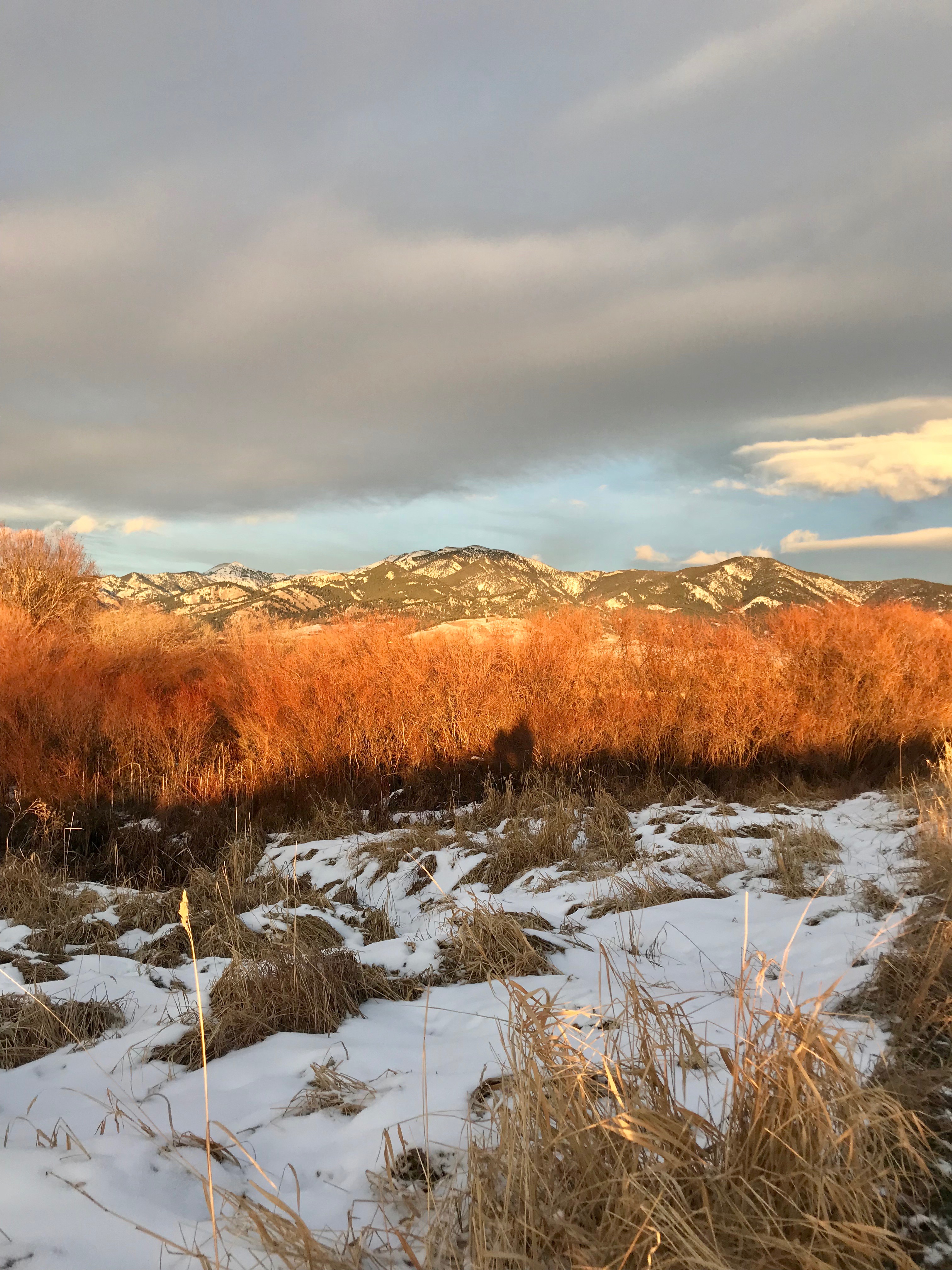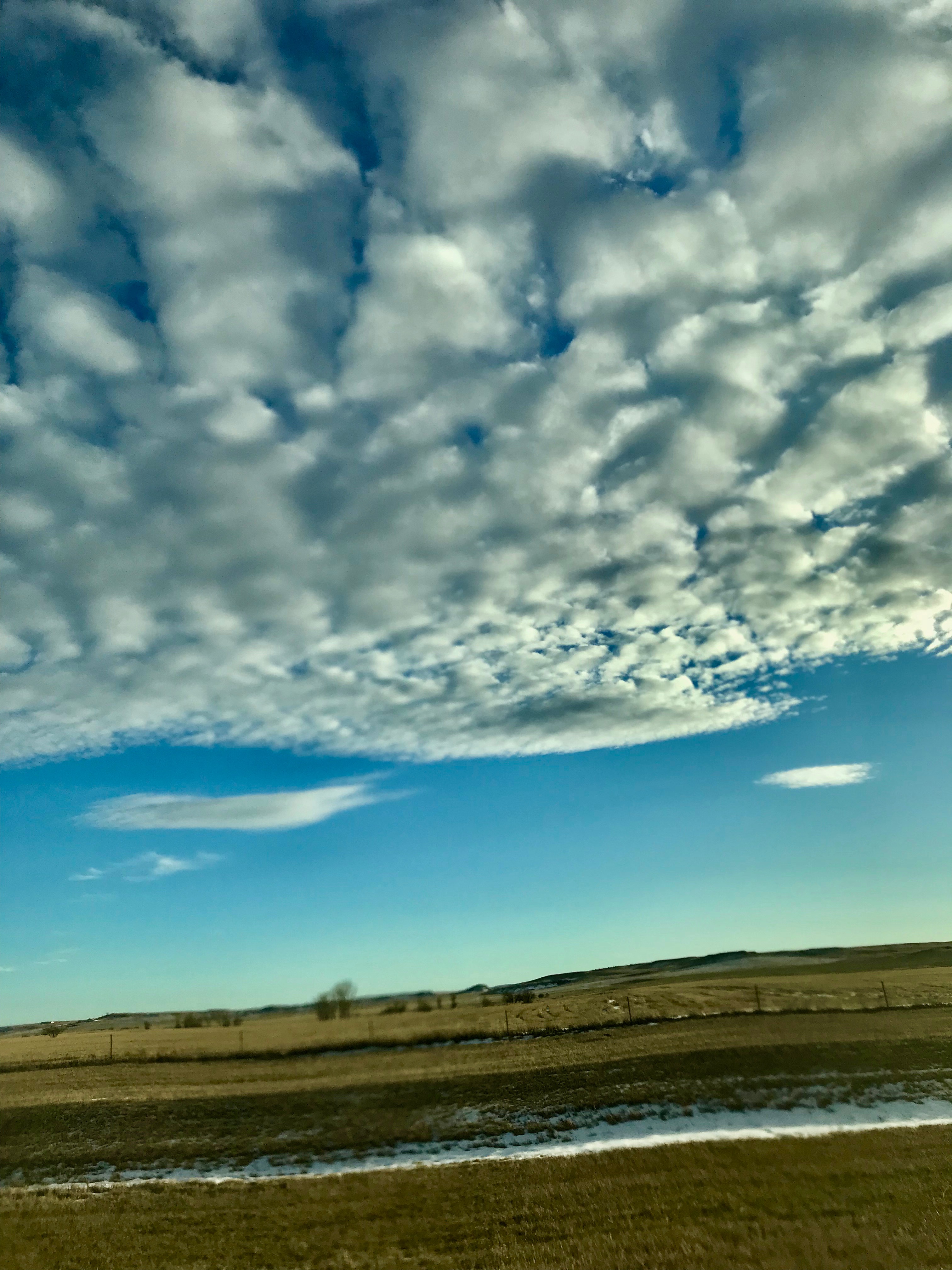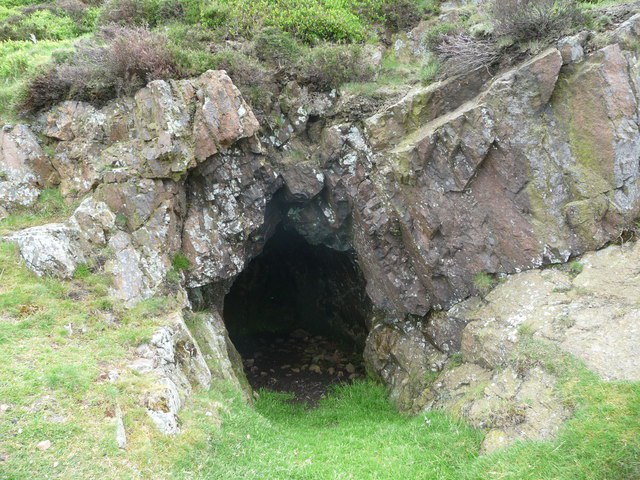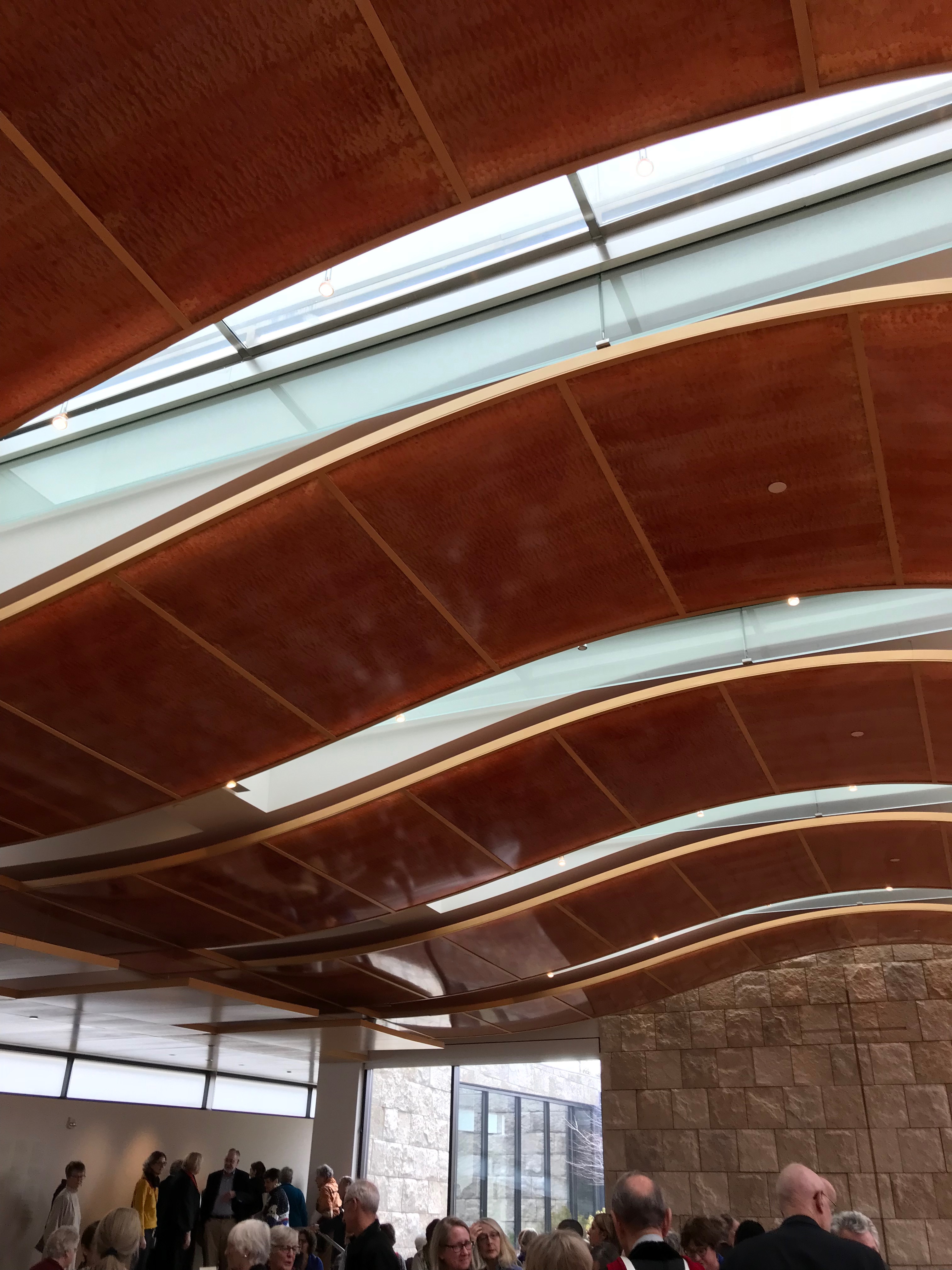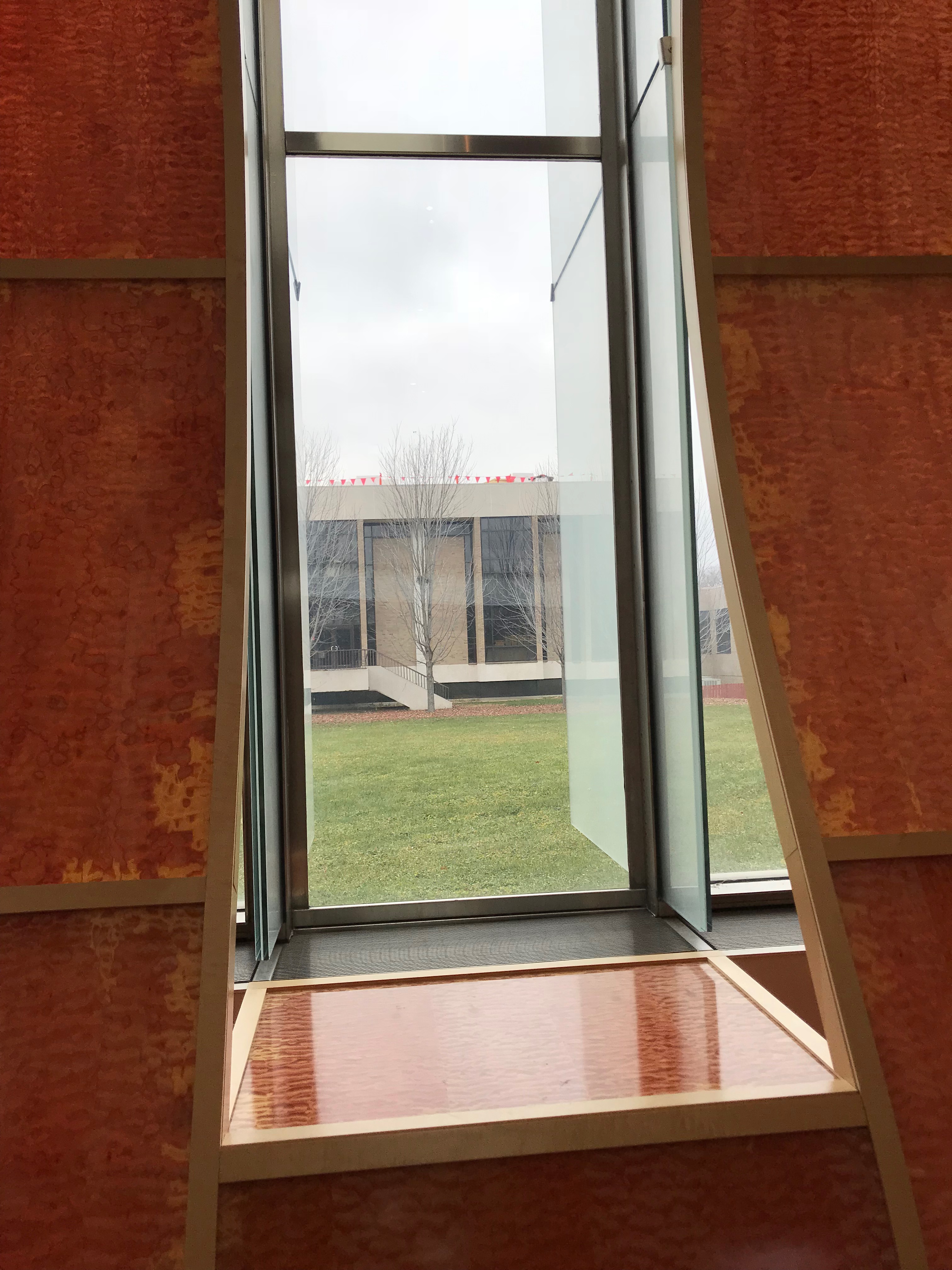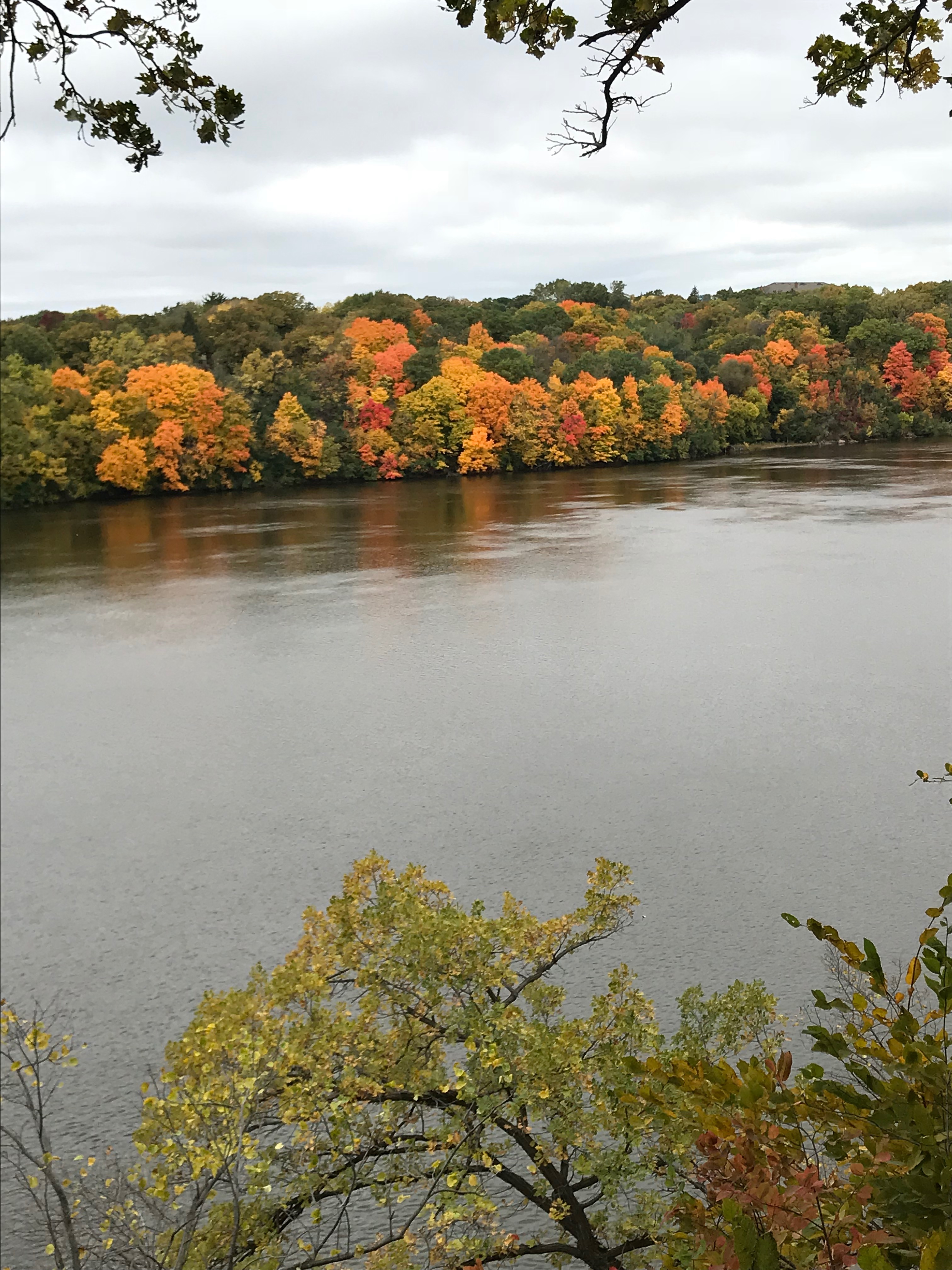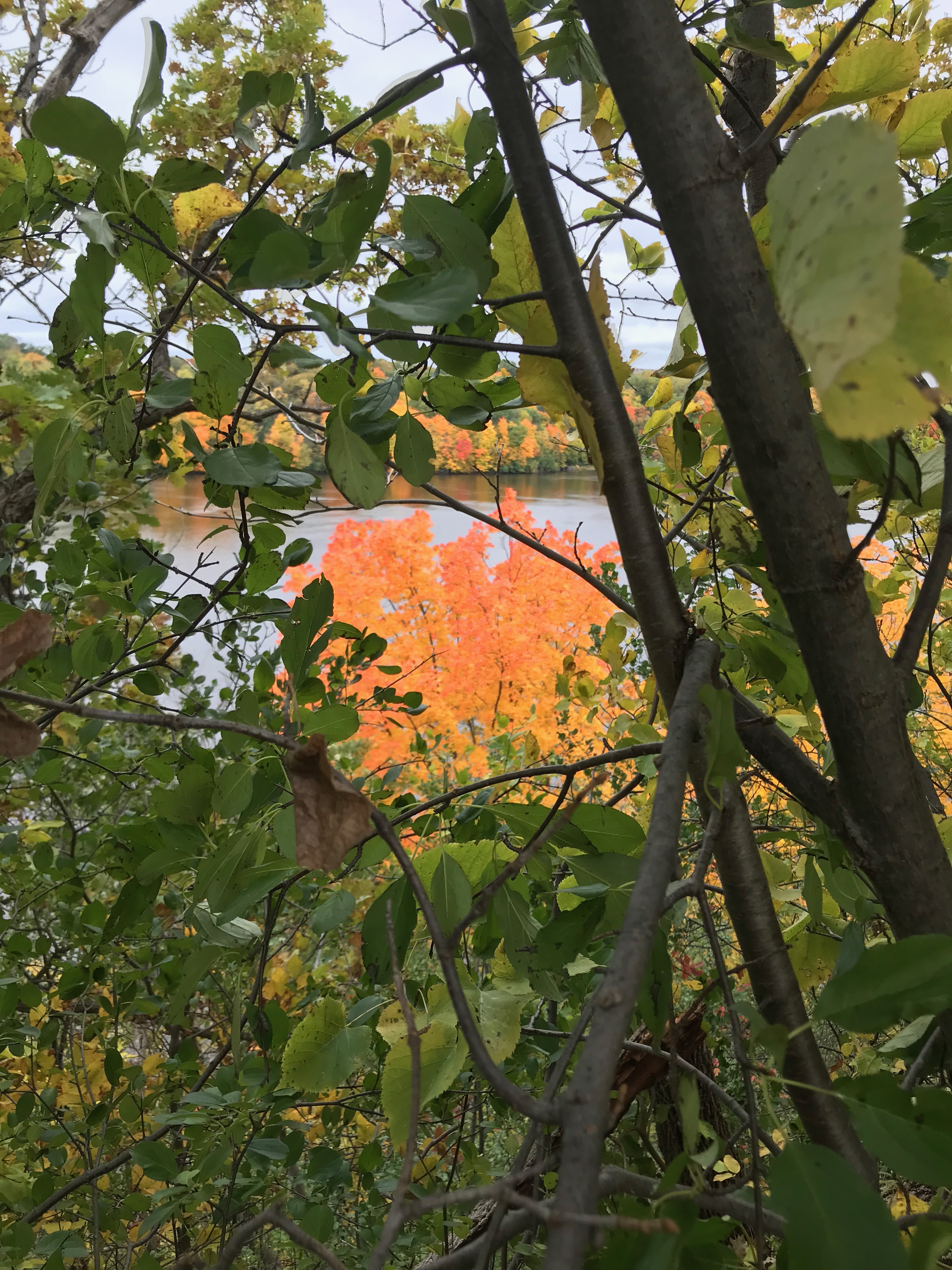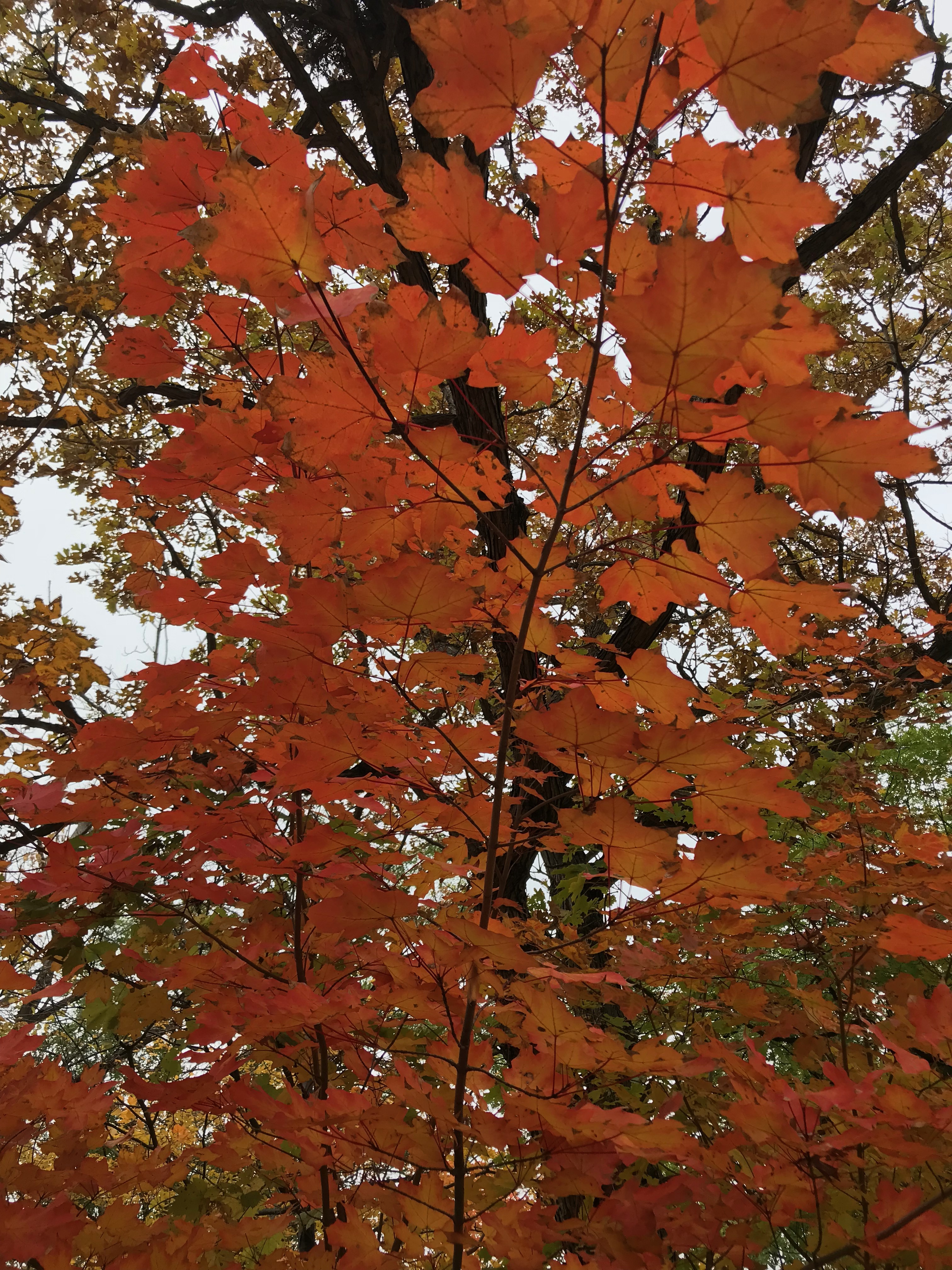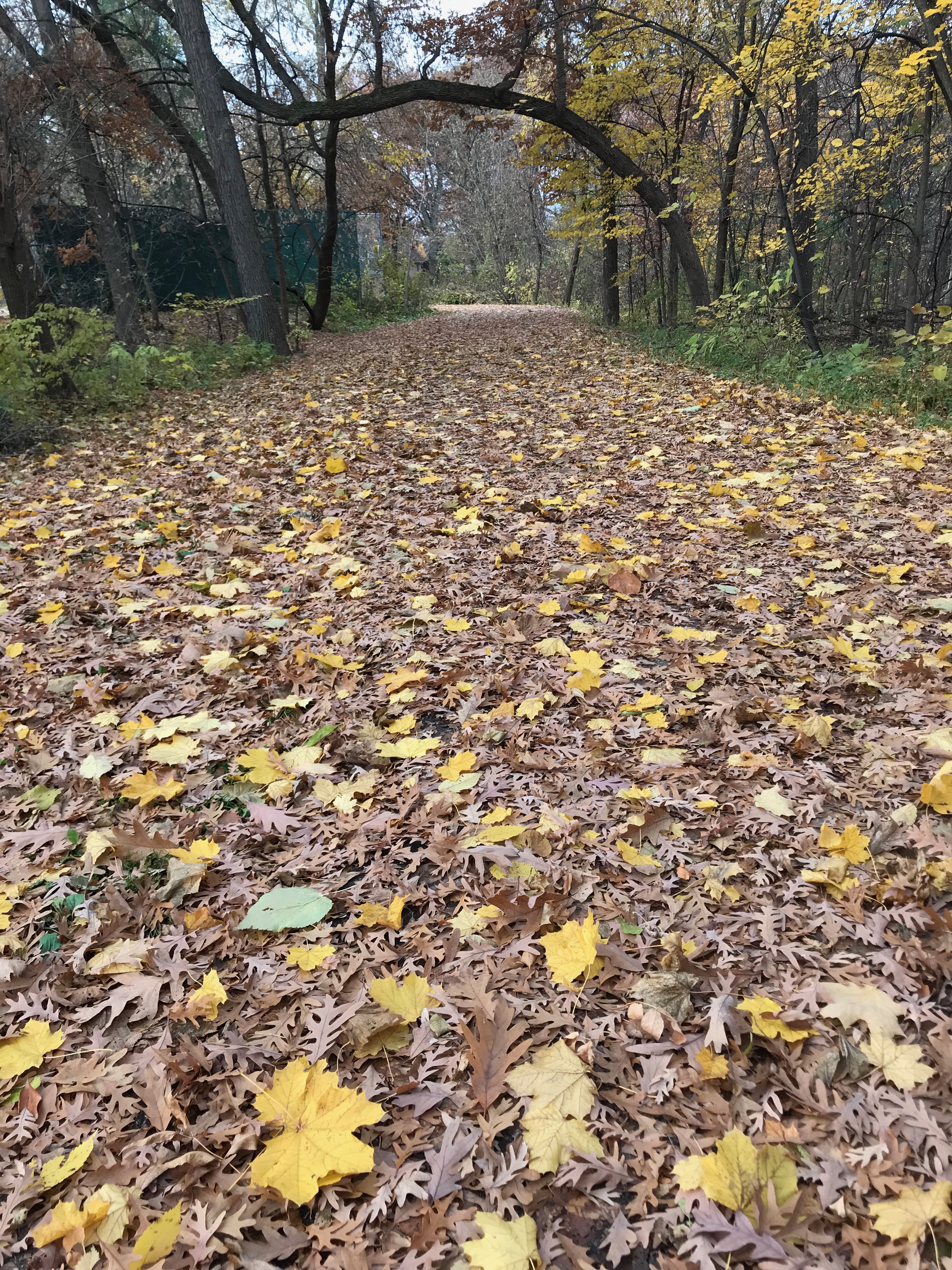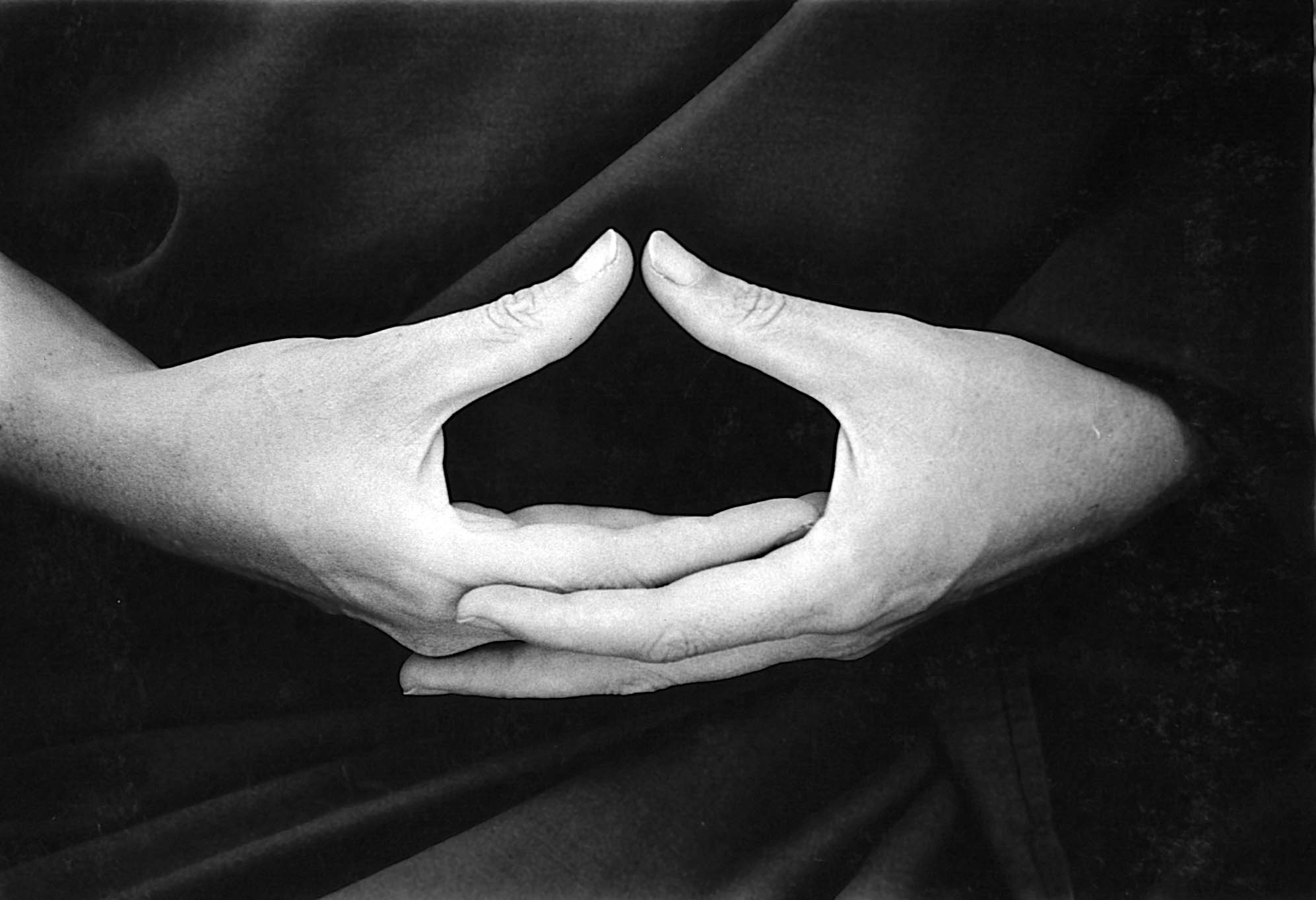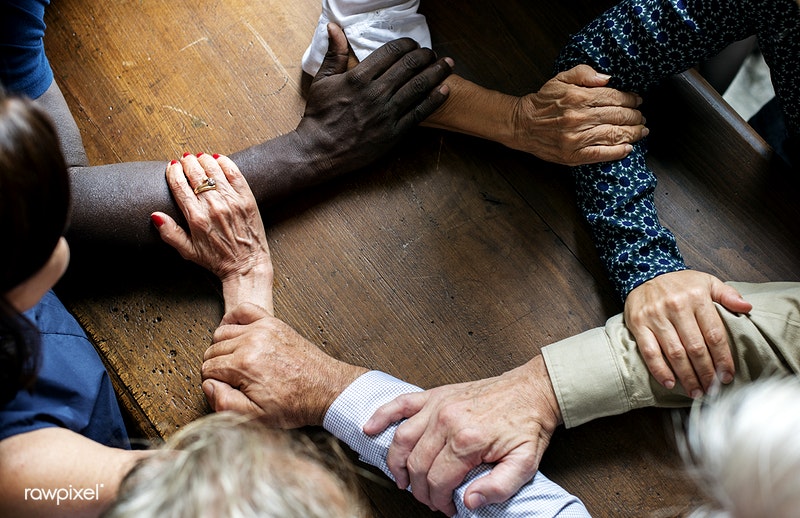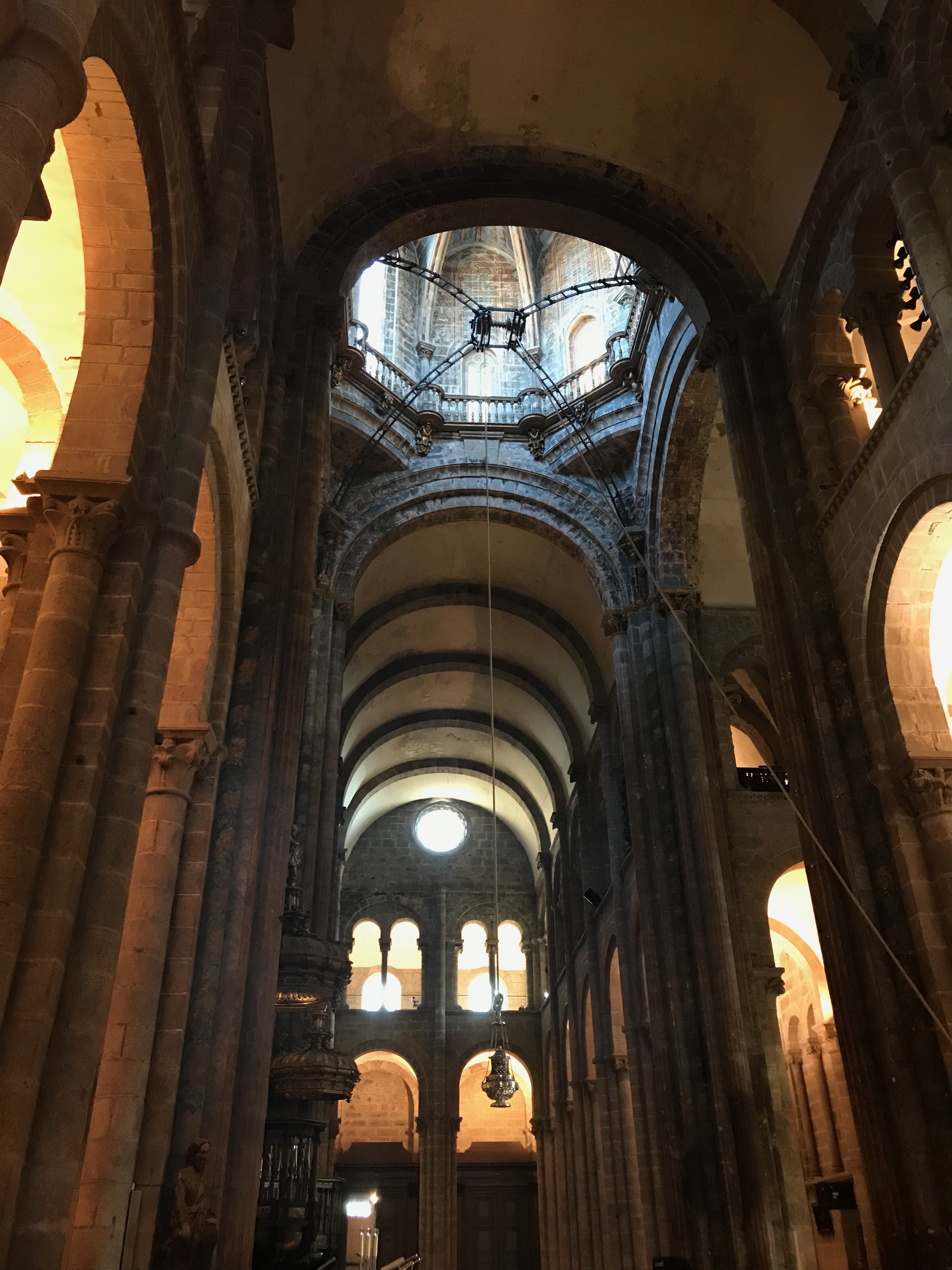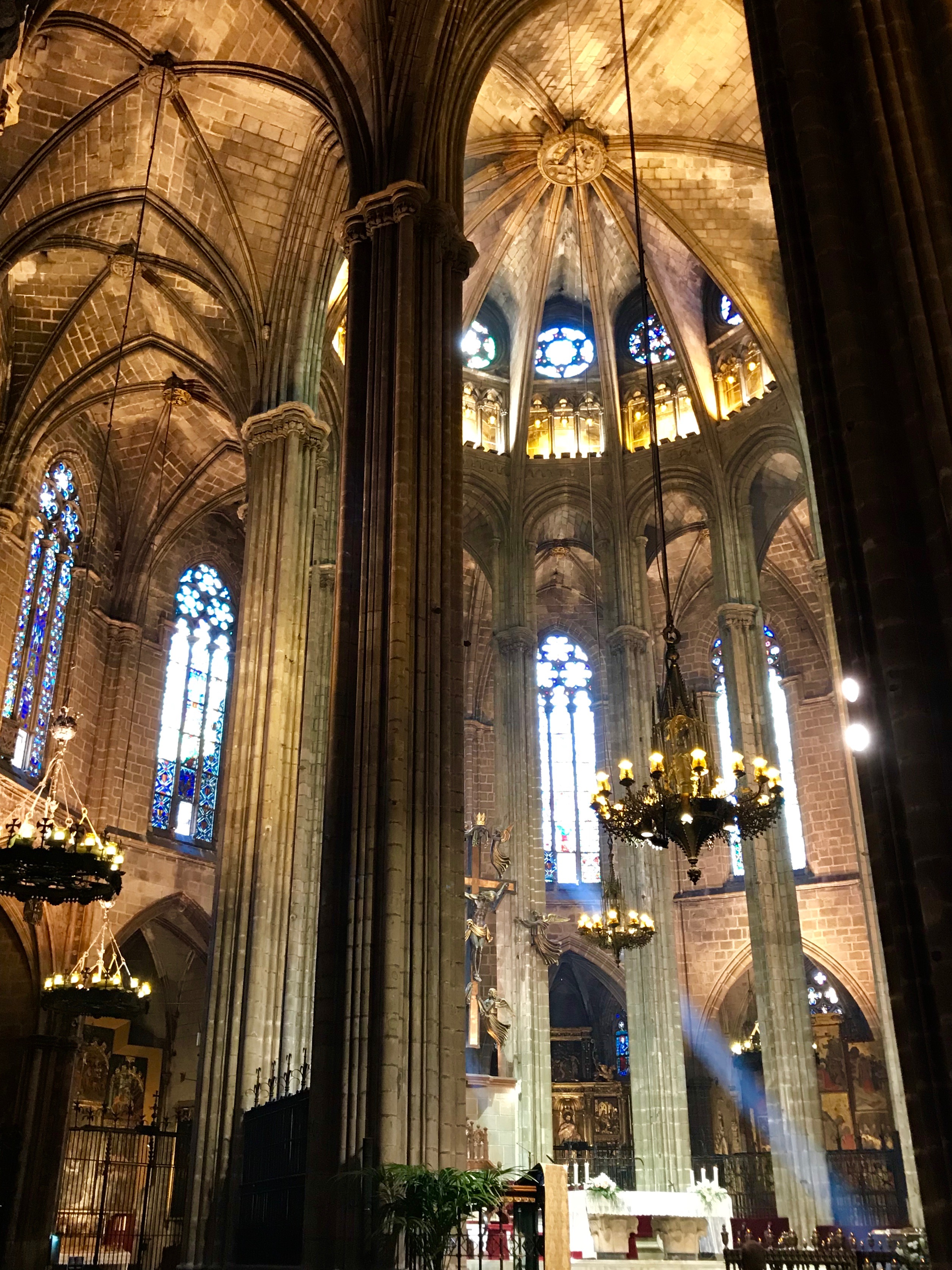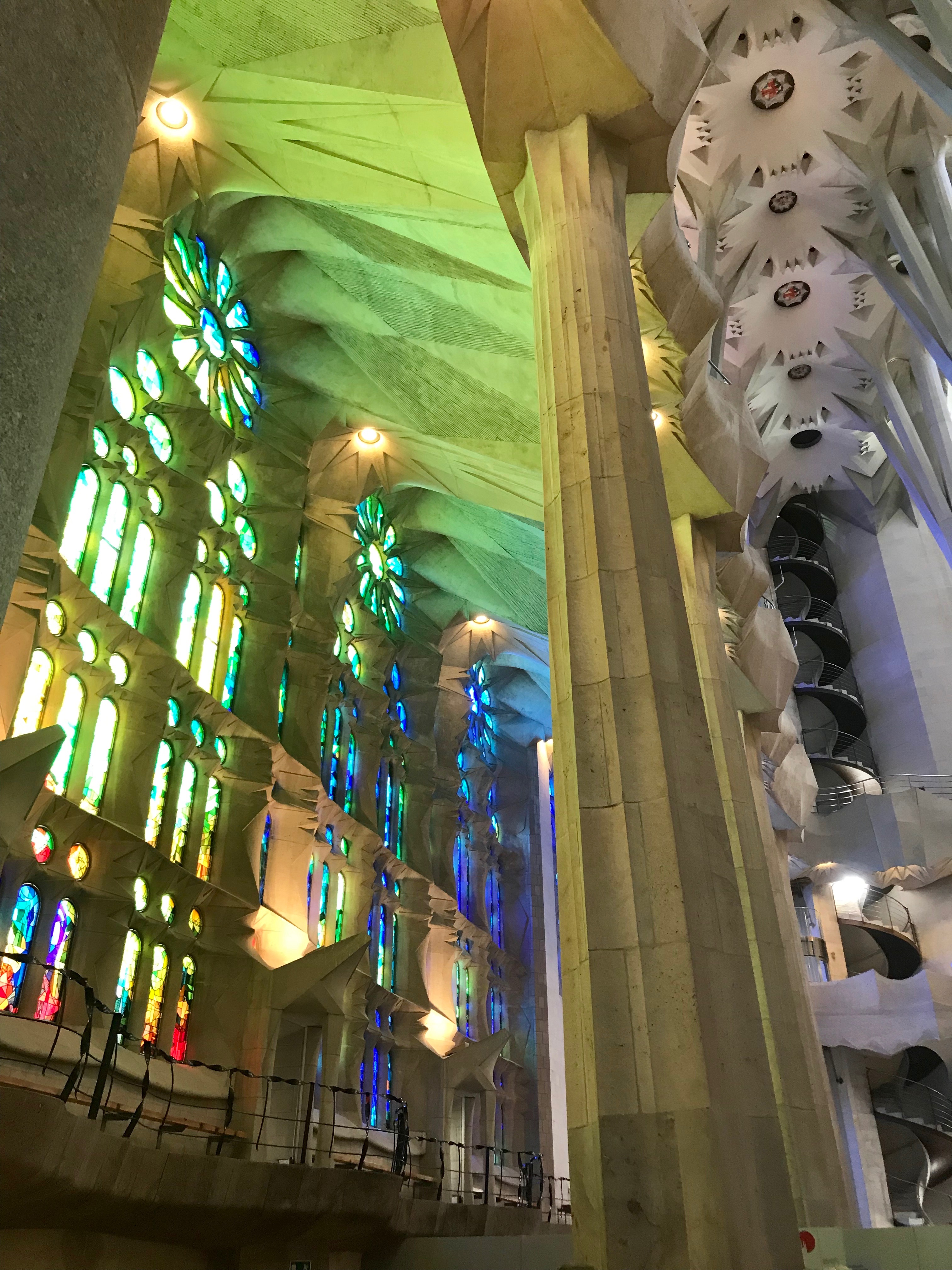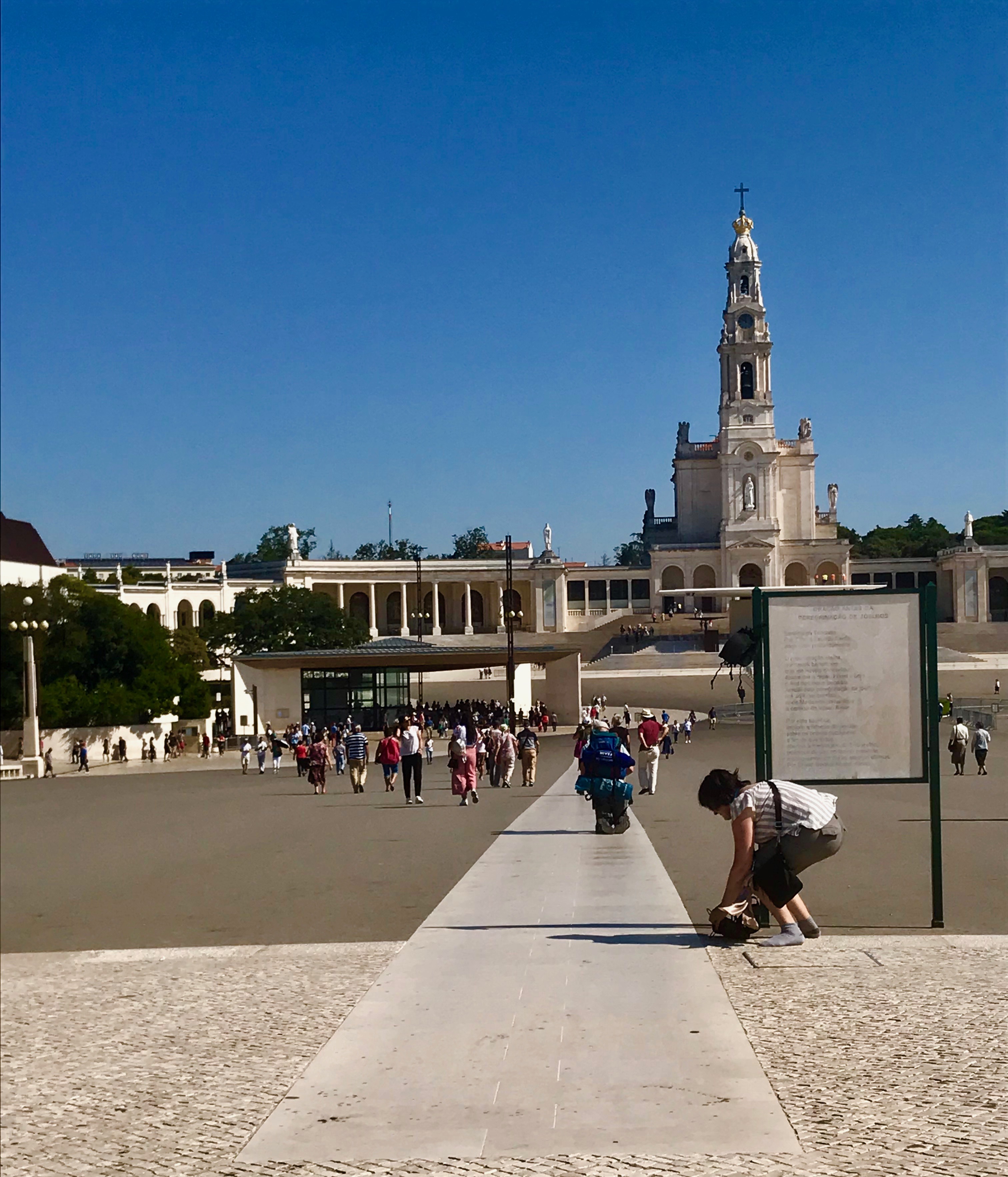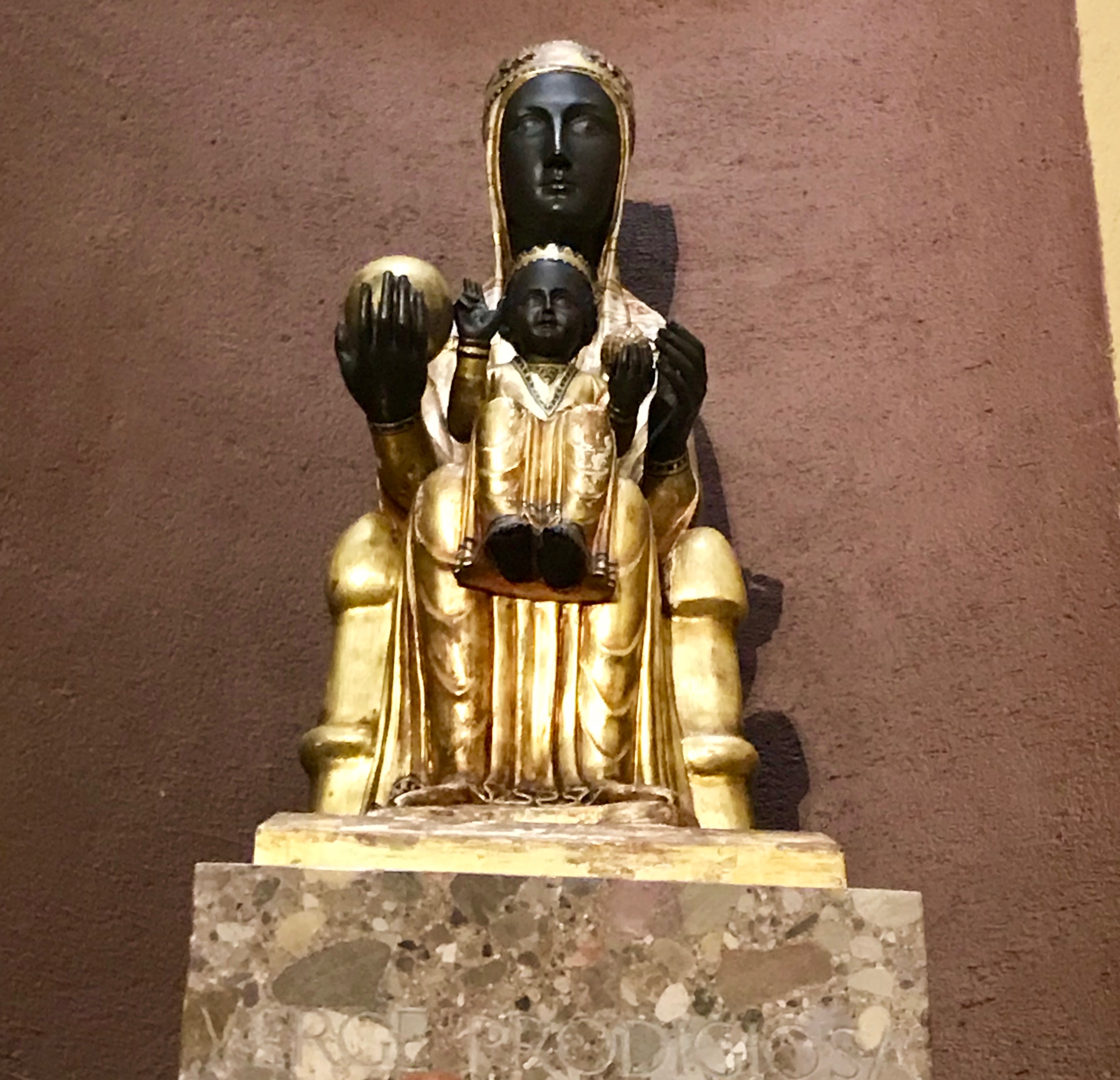It takes courage to grow up and become who you truly are.
E. E. Cummings
Each and everyone of us loves a good story about heroes and heroines. Our most central guiding stories are often about those who have shown courage in the face of all kinds of situations. Hearing how another has overcome fear, unimaginable odds, terrible circumstances gives each of us renewed spirit and fills us with the breath of inspiration. I have been thinking of courage…what it is…what it means…how to attain it…over the last days. It was not any particular, Hollywood vision that caused this mulling over the act of courage. Instead it was a scene I encountered last week while walking across the Ford Parkway Bridge between Minneapolis and St. Paul. I stopped to look over the edge of the bridge at the presence of the river and the ice formations moving and changing shape right before my eyes and then I noticed this…
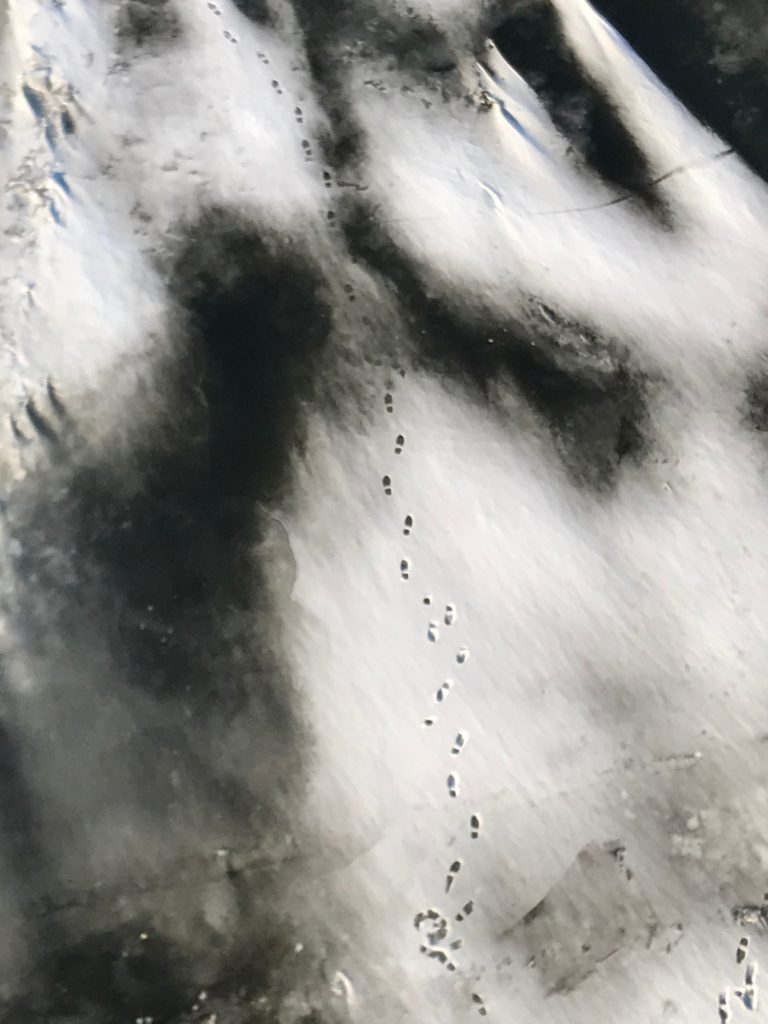
I stepped closer to the bridge railing and allowed my eyes to focus on the shape of…could it be?…footprints etched in the floating ice. They took my breath away! Who had done this? Since I walk along the Mississippi River with regularity, I know that there has not been many times this warm winter when the ice was solid across. How had this person maneuvered these shifting ice floes? I felt my stomach lurch at the idea of it, looking from the height where I was suspended, I felt my legs go a little weak. Since the main definition of courage is “the ability to do something that frightens one” I knew that whoever had the ability to do this river walking was filled with more courage than I could ever muster. At this point some might also be calling this behavior other words and yet…
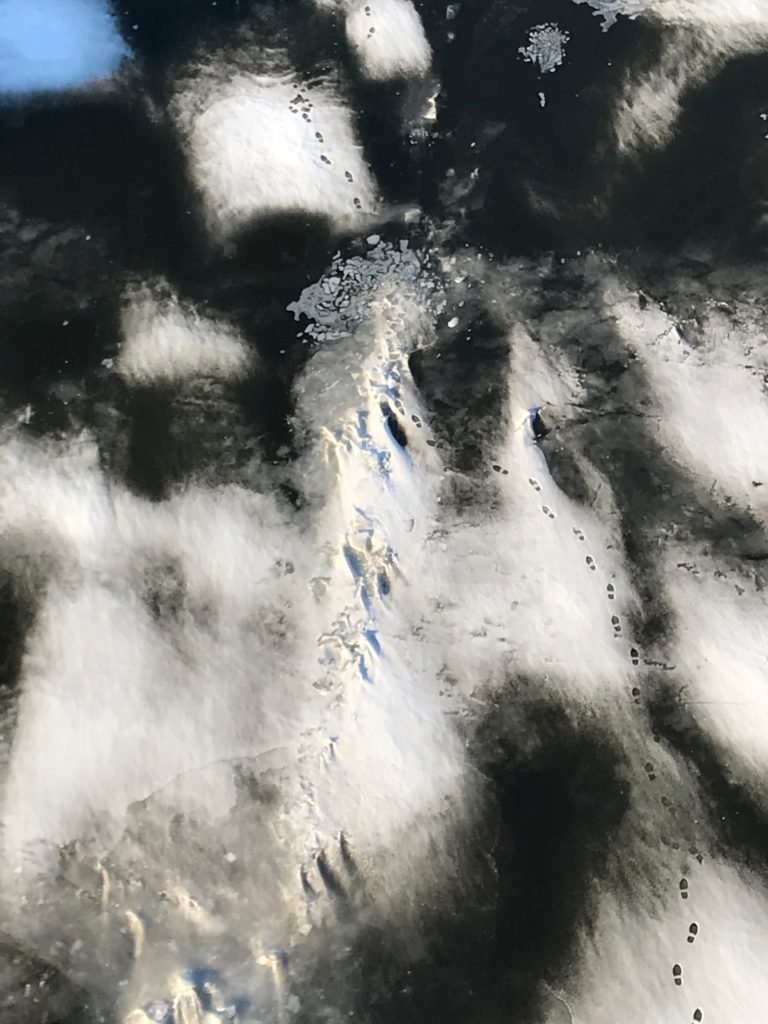
What brings any of us to acts of courage? Recently I have been spending some time with second graders who struggle with reading. I am humbled by the courage they bring, week after week, as they try to make sense out of black slashes on white pages. Watching their little brows furrow and their minds search, it is some inner courage…and a large dose of hoping to please an adult…that keeps them coming back to the page. I think of all the students who exhibit such courage to face odds that frighten them to become who they truly are, as E.E. Cummings proposes.
It does take courage to become who we truly are, to reach for our deepest potential. Author and amazing person Brene Brown reminds us that: “Courage is a heart word. The root of the word is cor – the Latin word for heart. In one of its earliest forms, the word courage meant ‘To speak one’s mind by telling all one’s heart.’” While over time we have moved the definition to be more about heroics, originally it meant to follow the pull of the heart and to live into the truth of self for all to see.
The person who made their footsteps visible on the ice of the mighty Mississippi may not have been having a ‘heart’ experience. But they were walking above rushing, frigid waters that threatened to pull them under. And though you may not be able to tell from these photos, they were also walking upstream. Something those who exhibit courage must always do. They were also exhibiting an enormous sense of trust in their own ability and the strength of the ice to hold them. I can imagine their heart was pumping with an exhilarating force as they made their presence seen in the icy path. Certainly this is one physical reaction to living with courage.
Of course, many of us have been watching the news with tears of relief and joy over the last days as a young girl who seemed lost to the world summoned the courage to escape a situation every parent and grandparent fears, that of having a child taken, kidnapped. The full bodied gratitude of an entire community can be felt in both Wisconsin and Minnesota and, indeed, across the nation. It was the kind of ending that everyone hoped for, prayed for, longed for, tried to imagine. Courage? How can it be called anything else? And fueled and filled with ‘cor’, heart so large and full that even those who have never met her are lifted above the tiny, little details of their ordinary day to remember that there is a depth of spirit within each of us that beats with such power to reach toward the fullness and goodness of what it means to be human. We cannot know the sense of rushing, cold waters of fear that this young one has experienced. It is almost too much to try to imagine. What we can do is think of the heart full of desire and hope and spirit that allowed her to make footprints that led her to freedom and the arms of those who love her.
Courage. Boundless courage.
